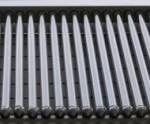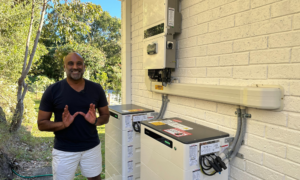From January 1, 2010; the Australian Government will begin a phase out of electric hot water systems in order to boost the uptake of more efficient forms of water heating such as gas, solar hot water and heat pumps.
With 50% of Australian homes still currently using electric hot water systems, the phase out will result in the reduction of greenhouse gases by about 30 million tonnes over ten years from 2010-2020.
The phase out will occur in two stages. From next year, electric hot water systems will no longer be able to be installed in any new detached, terraced and town houses and any existing detached, terraced and town houses where there is access to piped natural gas, except where an exemption applies.
In 2012, electric hot water systems will no longer be able to be installed in any existing detached, terraced and town houses and any new flats and apartments with access to piped gas except where an exemption applies.
While gas hot water services do reduce emissions, they are still quite expensive to run. By installing a solar hot water system, home owners can not only dramatically reduce greenhouse gas emissions, but also save up to 75% on water heating costs.
The Australian Government and some state governments are currently offering generous rebates on solar hot water systems and heat pumps, making the switch to renewable energy for water heating and even more attractive proposition.
Federally funded rebates of up to $1600 are available to install solar hot water systems and up to $1000 for heat pumps installed to replace electric storage hot water systems in existing privately owned homes. The Government says the rebate will be available until March 2012 and applies throughout Australia; however, there have been 3 instances in 2009 alone where rebates relating to solar power have been pulled with little or no warning.
More information on the Federal rebates and additional state based incentives for making the switch to solar hot water can be viewed on the Energy Matters web site.
















































